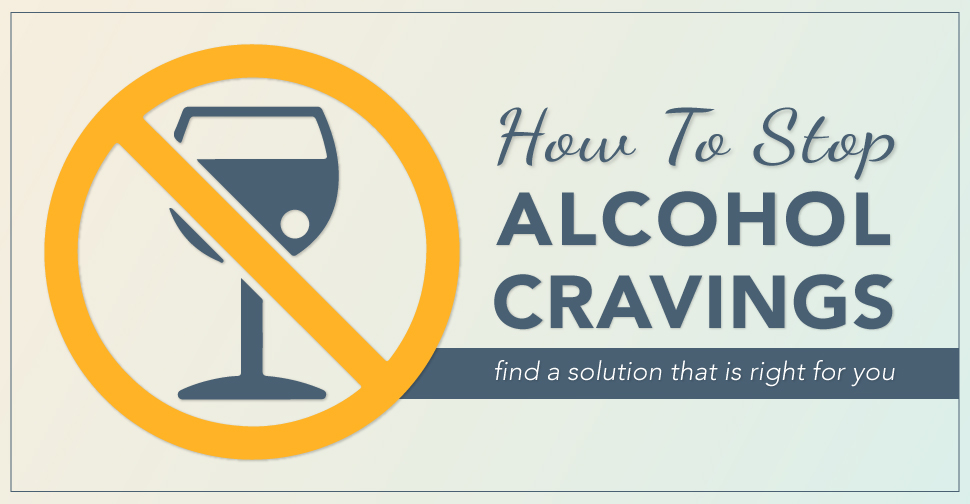
Urges to drink are fairly common for most people recovering from alcoholism. A stressful situation may bring on alcohol cravings, leaving those in recovery feeling vulnerable. Thankfully, alcohol cravings are temporary, manageable, and easy to predict. Through distraction, self-inventory, and medical intervention, you may find an effective way to stop alcohol cravings at the source.
Distraction
When alcohol cravings strike, you are likely to fixate on drinking. Whether the situation transpired from a stressful event or seemingly out of nowhere, it is important to find a way to deflect the urge to drink. Finding a distraction can greatly increase the chance that a craving does not escalate into relapse. A few ways to distract yourself from cravings include:
- Taking a walk. This will provide much-needed time to think about something else. In addition, you’ll have sensory stimulation from fresh air, scenery, and exercise. Focus on the outdoors and give yourself a break from your current surroundings.
- Playing puzzle games. This will give you something to do, and something else to think about. Focusing your energy on solving a problem will aid in distracting yourself from cravings.
- Reading a book, watching a movie, or listening to music. Distracting yourself with something enjoyable can ease stress and help you cope when urges strike.
In recovery, it is completely normal to face frequent cravings. Distraction is the most commonly used method of stopping these urges, as psychological and impulse control issues are very prominent in alcoholism. When finding a distraction is not enough, there are methods of working through the cravings with mindful techniques.
Take An Inventory
Sometimes, it’s necessary to really face your alcohol cravings. While this experience may be uncomfortable at best, this could result in a stronger resistance next time around. By reaching out, documenting, and facing the situation, you’re using the urge as a chance to grow. Some of the techniques for taking inventory and facing cravings head-on include:
- Journaling your experience. Identify your surroundings and make note of how you are feeling. Scale each experience based on severity and how you intend to handle the situation. Make a list of the reasons you quit, and what is at stake. Refer to previous entries when needed.
- Contacting your sober living coach or a loved one. Talk about your desire to drink and the reasons you can’t. If necessary, ask for assistance in removing yourself from the situation.
- Accepting your craving, but refusing to cave.
- Reward yourself once cravings have subsided. Allow yourself to communicate this accomplishment at your next meeting, or when speaking with people who are invested in your sobriety.
Remember that each craving is a stepping stone toward stronger will. These moments are difficult to manage in early recovery, but tend to become easier as time goes on. If you are unable to combat cravings on your own, you may want to try a more medicinal approach.
Medicinal Methods For Combating Cravings
There is no right way to fight the urge to drink, except for the one that works for you. The relapse rate for alcoholism is a staggering 90 percent in the first four years of sobriety. This may be discouraging, but understandable considering the trial-and-error nature of recovery. The chances of success in early recovery (when cravings are most prominent) can be greatly increased by the use of medications. Two of the most widely used medications to curb cravings are:
- Antabuse has been in existence to treat alcoholism for over 50 years. Antabuse works by preventing the body from absorbing and using alcohol. When alcohol is consumed, the body reacts adversely, resulting in flushing, nausea, and palpitations. This could aid in craving management, as you are less likely to drink without reward.
- Naltrexone is an opioid antagonist that works against alcohol. Naltrexone blocks pleasure receptors that make alcohol seem enjoyable. This blocks the “pleasure loop,” and prevents over consumption in the event of relapse.
Antabuse and Naltrexone are proven methods of preventative care in people struggling with sobriety. While no drug can be guaranteed to prevent relapse, these medications can aid in combating cravings before they happen.
Stopping Alcohol Cravings
Recovery is a long process with many ups and downs. Sometimes, relapse can feel inevitable. Learning to cope with stressful situations and having a contingency plan can greatly improve the outcome of the ever-present craving. Identifying your own triggers can aid in preventative measures and allow you to decline the urge to relapse. With help, many people struggling to stay sober can work through their cravings and maintain sobriety indefinitely.
We Can Help
 If you or a loved one is struggling with alcohol cravings, you may need some help finding a solution that is right for you. The caring staff at DrugRehab.org is here to provide guidance, resources, and techniques to help you stay sober. Contact us today; we’re here to help.
If you or a loved one is struggling with alcohol cravings, you may need some help finding a solution that is right for you. The caring staff at DrugRehab.org is here to provide guidance, resources, and techniques to help you stay sober. Contact us today; we’re here to help.

